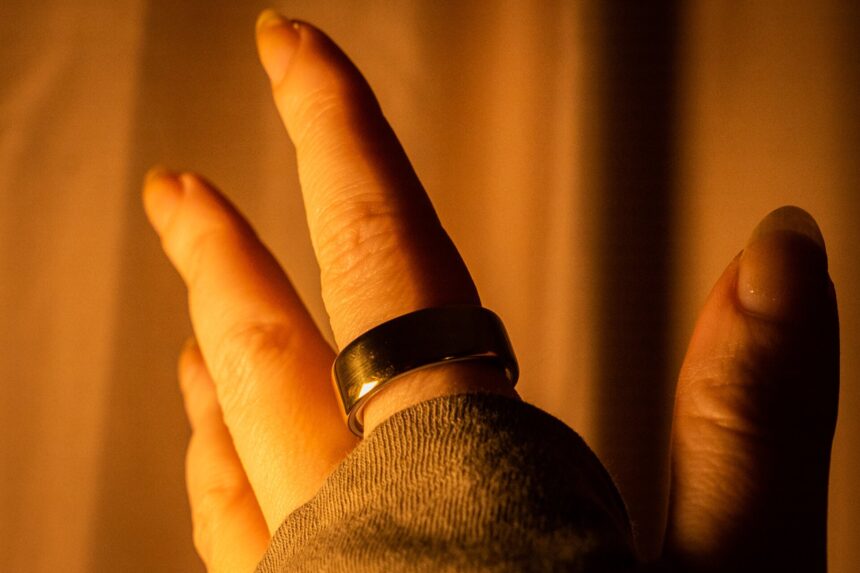All good things must come to an AI end. Oura, the company behind the Oura Ring, which popularized smart rings and gave Samsung a reason to make a fuss, has announced it’s taking its AI-based Oura Advisor out of beta and making it available to current Oura subscribers.
The Oura Advisor is a contextual chatbot, through and through. You can talk to it about your feelings and get advice on what to do. For instance, I admitted to it that I gave myself a migraine by going to a concert and not drinking enough water. Rather than lambast me, the Advisor reminded me that all those things trigger migraines and offered me hydration tips. That’s the other thing about the Oura Advisor: you can choose between three tones of voice. They all aim to deliver the data you need, but you can decide whether you prefer the AI to be direct or soften the blow.
I’ve only been wearing the Oura Ring 4 for a month and a half as part of a long-term review, so I’m still early days on giving Oura Advisor enough data, but it’s easy to see how AI will help organize and present all the information that Oura collects. In my short time wearing the smart ring, I’ve often been overwhelmed by the amount of data presented in the app and it’s nice to have an option to ask for what I’m looking for. Oura Advisor remembers everything you chat about and stores it as “Memories” to refer to later, which you can view and delete as they’re stored. It will also offer long-term trend analysis and charts over time.
The Oura Advisor has been in beta in the Oura Labs for nearly a year. Previously, the feature had to be flipped on if you wanted to try it out. This is the second of Oura’s beta features to go live after last year’s debut of the Symptom Radar. Other features currently in beta include periodic heart check-ins and meal tracking.
Like other health and wellness wearables, and even Samsung Health, which adopted AI-powered suggestions based on aggregated data, Oura is leaning into the next era of wellness coaching offered through generative AI. The edge that Oura has to stand out will be whether its insights are worth its $7/month subscription plan. Samsung is also expected to start charging for subscription features, though not until it works out the kinks in this niche new product category. Any company adopting AI as a central core of its product will have to make its utility seem so worthy that users can’t help but pay for it. And Oura might be the first.
Read the full article here












